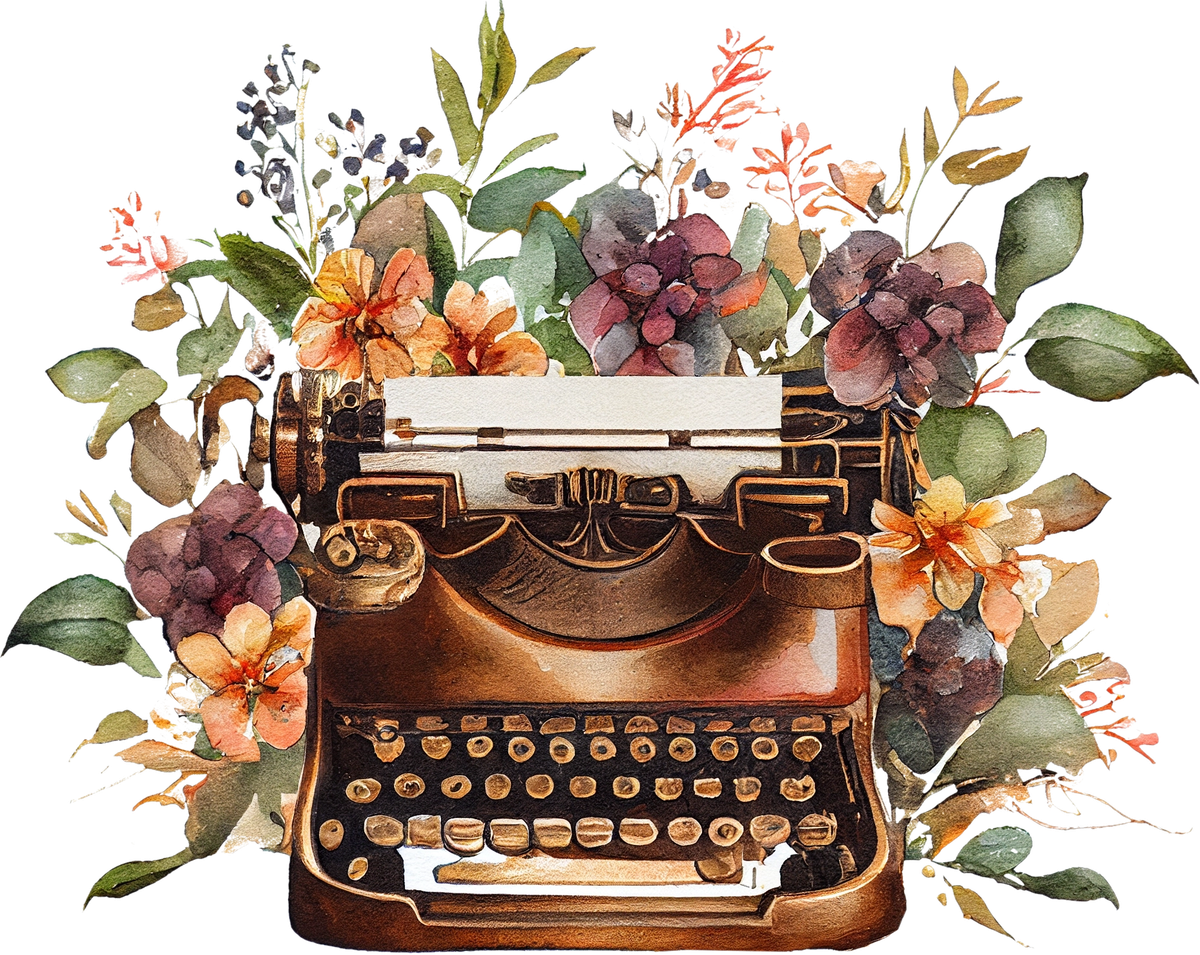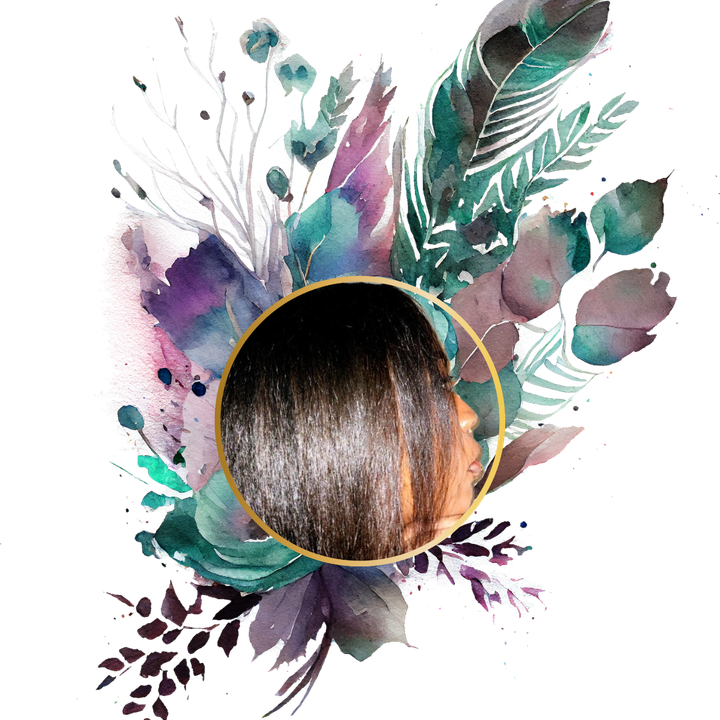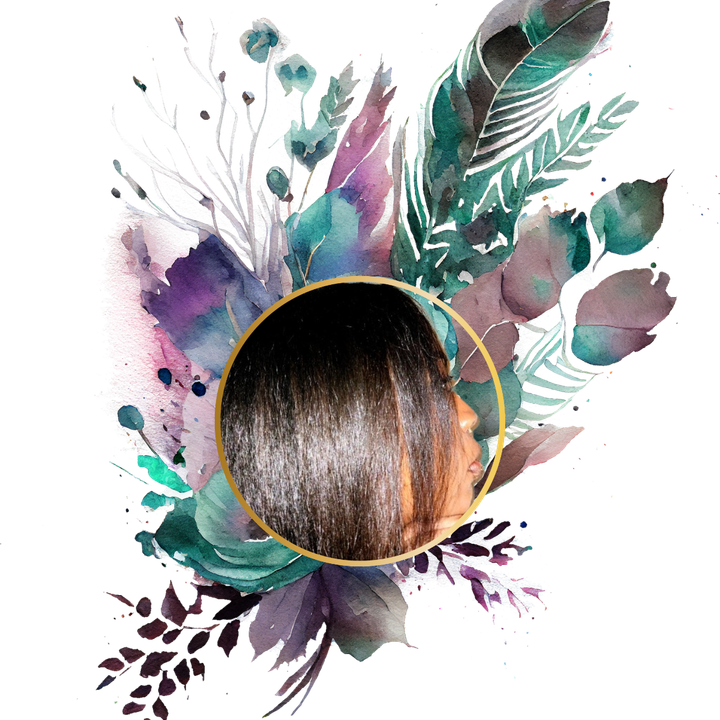Storytelling Makes Us Human

Creative work is woefully undervalued in modern society because it is seen as inefficient, self-indulgent excess.
To an outsider, creative work is simply art, and art is impractical in the age of AI, robotics, and smart everything.
Or so it would seem.
For all of our technological advances, the human spirit remains largely the same.
We will always crave connection and meaning.
We will always dream of something bigger than ourselves to inspire and motivate us to achieve more.
We will always be captivated by story.
We were created to respond to stories. This is a scientific fact.
Storytelling is a universal act that is thoroughly human. No other species is capable of this special ability.
Consequently, storytelling has piqued the interest of neuroscientists as a subject worthy of research in order to distill its essence from a rational point of view. Scientists have discovered that stories have the power to change our brain chemistry, improve our ability to pay attention and recall information, and engage our emotions so that we will act on the information we receive.
All creative work, whether we are referring to copywriting, sculpting, or dance, tells a story.
Some stories are whimsical while others are more grave or reverent, but when executed correctly, they all have the power to profoundly change the brain and to shape someone’s actions.
This begs the question: Is creative work simply art? The answer is a resounding no.
In reality, it’s a science that depends on following the set of principles that comprise the patterns human brains are hard-wired to recognize as story.
Several thinkers have done their part to articulate the elements of story. Joseph Campbell is among the most notable storytelling scholars in the West. In his book “The Hero With A Thousand Faces,” Campbell explores the themes and archetypes that feature in stories around the globe. Bernadette Jiwa further illuminates the aspects of storytelling in her Story Skills workshop, co-produced with Seth Godin, where she breaks down the Anatomy of a Story: Character, Circumstances, Choices and Change.
Storytelling in all its forms is not only powerful, it’s necessary to create connections between human beings. It is vital to do work that has an impact.
Whether your job is to sell more gizmos or to convince people to give a damn about the social issue du jour, you will accomplish your goals more effectively when you learn how to incorporate the art and science of storytelling.




